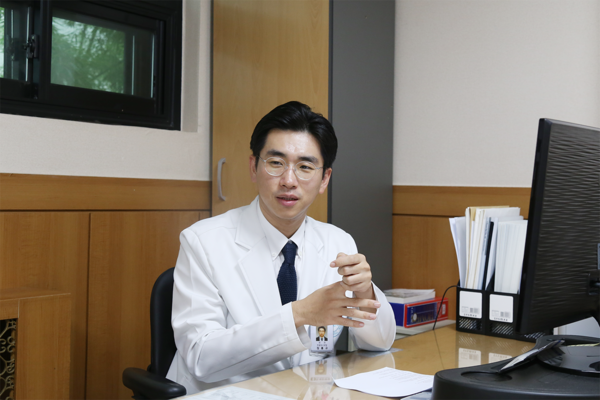Symptoms such as a sore throat, muscle aches, and fever are often associated with viral illnesses such as the common cold. Furthermore, exposure to large temperature fluctuations can increase the likelihood of catching a cold.
Nevertheless, it is important to recognize that what may appear to be a common cold could actually be a thyroid problem, such as subacute thyroiditis, which shares similar symptoms with the common cold.
What is subacute thyroiditis?
Thyroiditis refers to a group of inflammatory conditions that range from acute bacterial infections to chronic autoimmune thyroiditis. In the case of subacute thyroiditis, many patients have a previous history of upper respiratory tract infections, such as the common cold. Subsequently, following the upper respiratory tract infection, patients may experience a sudden onset of sore throat-like pain.
Symptoms
The pain associated with subacute thyroiditis is caused by a partially or fully enlarged thyroid gland, which may worsen upon touch and may also radiate under the jaw or ear. The pain is primarily felt as neck pain in the thyroid area. Along with thyroid pain, patients may also experience systemic symptoms such as fatigue, malaise, fever, and generalized body aches.
The symptoms of subacute thyroiditis, such as neck pain, fatigue, malaise, fever, and body aches, may lead to it being misdiagnosed as a dental problem or a throat or ear infection. However, it differs from the common cold in that the pain worsens upon turning your head or swallowing, and the throat pain may radiate to the ears.
In the early stages of the disease, thyroid hormones leaking from the thyroid gland into the blood lead to the symptoms and laboratory findings of hyperthyroidism. Hyperthyroidism is a condition in which the thyroid gland produces too much thyroid hormone, causing thyrotoxicosis. Patients may experience heart palpitations, hand tremors, and nervousness as a result of the hormones.
Subacute thyroiditis typically lasts for one to two months and usually resolves on its own. During the recovery period, patients may experience temporary hypothyroidism, but it typically returns to normal levels. However, if the hypothyroidism is severe, symptoms such as fatigue, facial swelling, and increased sensitivity to cold may occur.
Treatment
Subacute thyroiditis typically resolves on its own and does not require any treatment. However, if the symptoms of thyroid pain and hyperthyroidism are severe during the early stages of the disease, symptomatic therapy may be necessary.

"If a patient experiences severe hypothyroidism and is uncomfortable during the recovery period, temporary thyroid hormone medication may be required," said Jeong Jong-kyu, the head of the Breast and Thyroid Center at Seran General Hospital.
"Thyroiditis resolves itself within a few months, but sometimes the thyroid gland is damaged enough to cause recurrent or, in rare cases, permanent hypothyroidism," Jeong said. "Pain is usually reduced with aspirin or non-steroidal anti-inflammatory drugs."
Subacute thyroiditis is more common in women than in men, and in people in their 30s and 50s than in children, and women are more susceptible to thyroid disease, he explained.
“So it's important to watch for symptoms of thyroiditis that are not accompanied by hypothyroidism."

